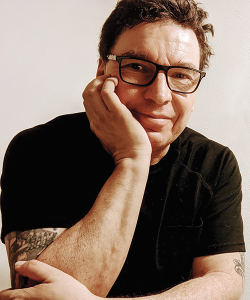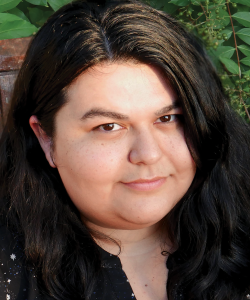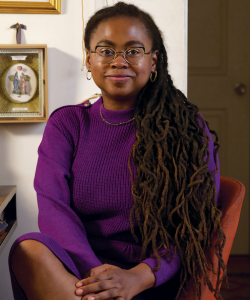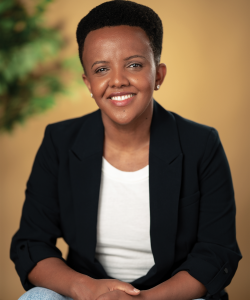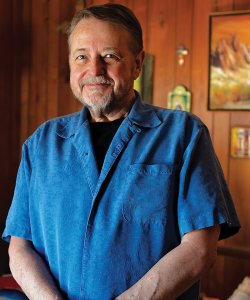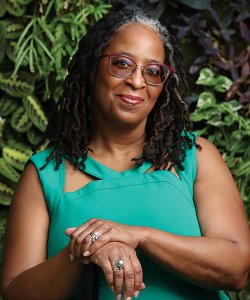Dreaming Up Her Own Salvation: A Profile of Safiya Sinclair
In a stunning new memoir, How to Say Babylon, Safiya Sinclair tells the story of growing up in a Rastafarian family in Jamaica, breaking free of her father’s oppressive control, and finding her own voice as a woman and poet.





